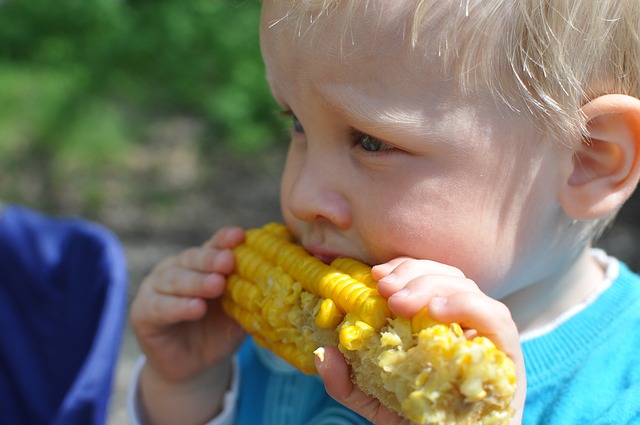How can early years practitioners help fussy eaters?
Many nurseries today offer sessions that incorporate meal times.Therefore early years practitioners have an important role in feeding these children as well as promoting a healthy lifestyle. For some parents knowing that their children are offered a meal at nursery helps them when juggling getting to work or getting children from nursery after work.
Most early years setting follow a mealtime routine which again can be important for parents, children and nursery. At some point practitioners will come across fussy eaters, this can be normal and just a phase that the children are going through. Communicating with parents is highly important and sharing tips and advice is a great way of helping one another. For parents this can be a very stressful time as they begin to worry that their child hasn’t eaten very much, when in fact children are very clever if they are hungry they will eat.
Helping fussy eaters
Helping fussy eaters is crucial as some children will quickly grow out of it where as others may carry this on until they get older. This is why early years practitioners have such an important role in developing healthy eating habits. There are many pitfalls when dealing with fussy eaters, it is best to avoid these;
- Pressuring children to eat more than they want to
- Children’s preference for unhealthy food
- Stopping children having access to certain foods
- The use of food as a reward for good behaviour
Pressuring children to eat more food can have consequences; children are less likely to want to eat the food that is forced upon them. Also an important factor is that if children eat the food only because of being pressured this can lead them to ignoring their cues about fullness and hunger and if this carrys on over a period of time it can cause weight gain and obesity.
If a child is refusing to eat there are many practical steps you can try;
- Follow children’s signs- Most children will tell you when hungry in one way or another, this can be in the form of being grumpy or by telling you, watch for these signs as this can be a great way to help those fussy eaters and again there is no pressure from adults
- Observe children- In early years setting it can be quite easy to identify whether a child didn’t eat his snack or his dinner, note how long it has been since the child last had a snack or a drink. Ask yourself was the child to tired or unwell to eat their dinner, these can be some signs as to why the child refused their food. Monitor this and if possible work yours or the child’s routine around meal times.
- Try and imagine yourself- Put yourself in the child’s shoes, how would you feel if you were not hungry and you were being pressurized into eating something. Meal times should be a relaxed and fun time for children, they are so many learning opportunities during meal times that can go unmissed.
- Portion sizes- This can be a contributing factor to fussy eaters, as children begin to panic if they see a mountain sized plateful of food. Have you considered looking at your portion sizes, small amounts of food on a plate can help fussy eaters as they can see what is on their plate and try the food types at their own pace.
Introducing fun activities to help make food enjoyable;
There are simple activities that you can do to make food enjoyable; these will hopefully help children eat healthier.
- Use magazines and catalogues find pictures of fruits and vegetables and let the children cut them out, colour them in or create a collage.
- Make different coloured play dough and make fruits and vegetables according to the colours of the play dough.
- Why not grow your own food, this can be done very easily use yoghurt pots inside or if you’re feeling more adventurous why not grow some outdoors.
- Involve the children in preparing food so that they see food being handled in various ways.
- Plan some fun baking sessions, this can be a great opportunity for children to make their own food and be proud of their achievements.
- Be a good role model, sit with the children during meal times and if possible enjoy some food to.
There are many other activities you can introduce.
Children who are fussy eaters are not to be seen as being difficult, we all need to remember that most children go through this at some stage in their development.
Check out this great book: Getting the Little Blighters to Eat: Change your children from fussy eaters into foodies.


Leave a Reply